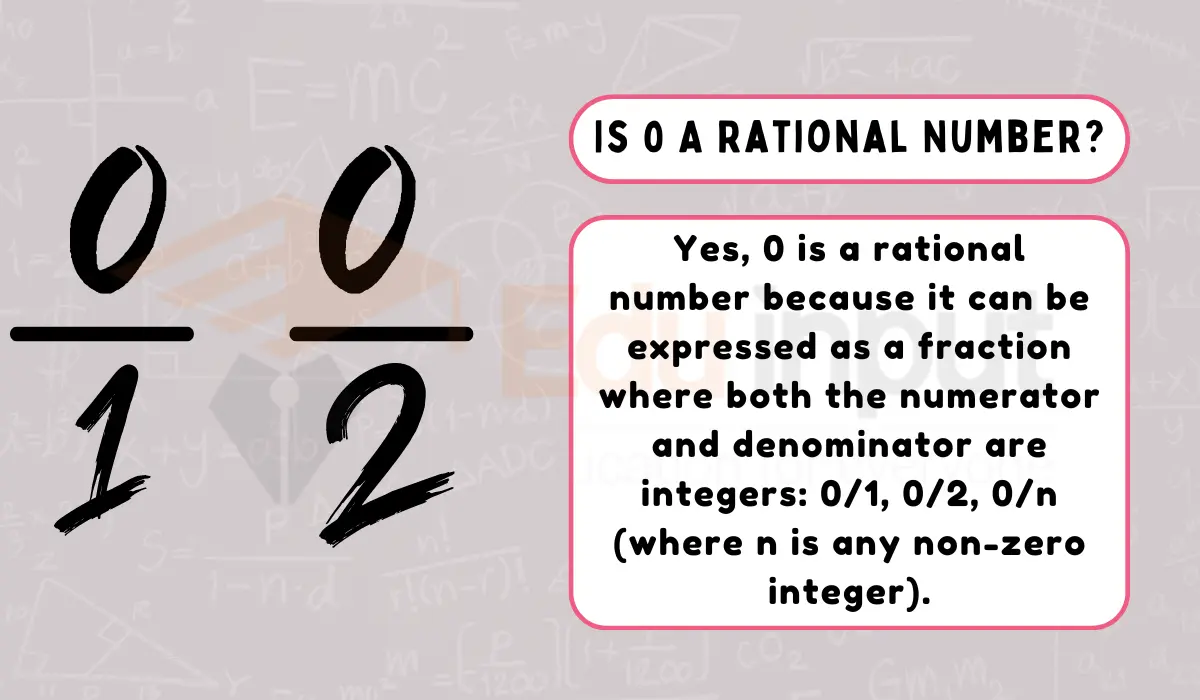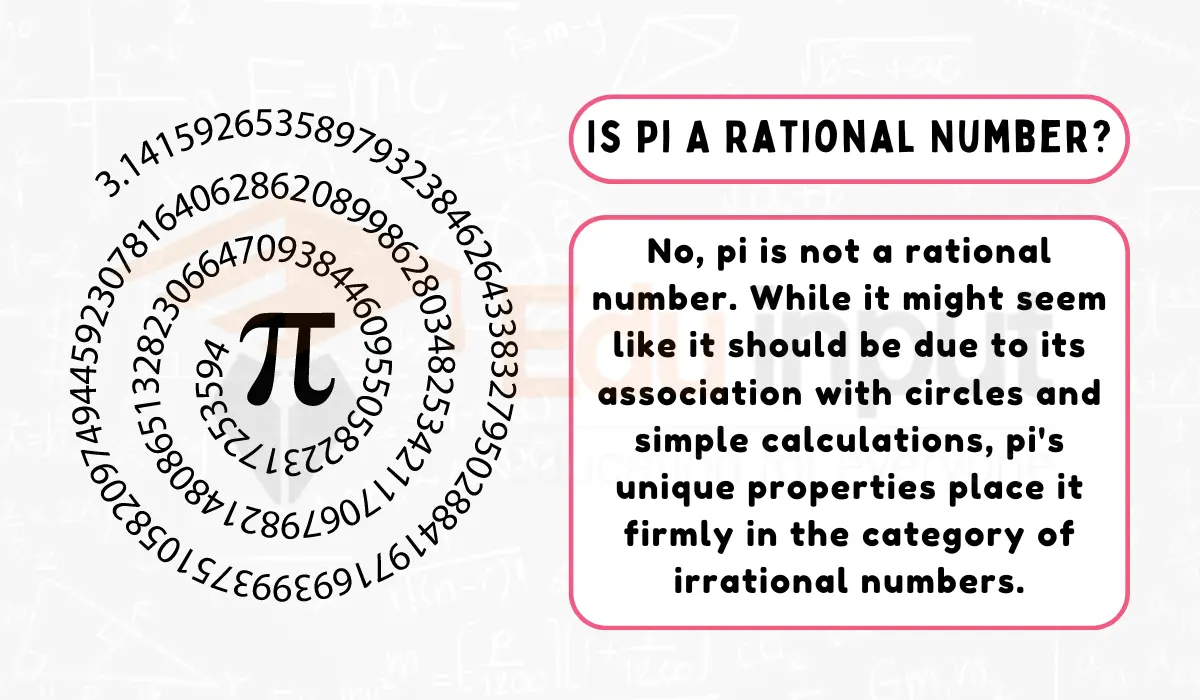What are the Major Properties of Integers?
In Mathematics, Integers are the collection of natural numbers including zero and negative numbers. The word ”Integer’ has been derived from a Latin word that means ‘whole’ or ‘intact’. Fractions or decimals numbers do not include in integers numbers. The four basic arithmetic operations associated with integers are in this article learn about the properties of integers.
Properties of integers
The major properties of Integers are as follows:
- Closure Property
- Associative Property
- Commutative Property
- Distributive Property
- Additive Inverse Property
- Multiplicative Inverse Property
- Identity Property
Closure Property
According to the closure property of integers, the set is closed for any basic mathematical operation.
- Addition
- Subtraction
- Multiplication
For any two integers, a and b:
- a + b ∈ Z
- a – b ∈ Z
- a × b ∈ Z
For example:
5 and 7 are integers
- a + b ∈ Z
5+7=12 is an integers
- a – b ∈ Z
5-7=-2 is an integers
- a × b ∈ Z
5×7=35 is an integers
Associative Property
The Associative property states that, changing the order of three integers does not change the answer of the operation the associative property applies two basic math operations.
- Addition
- Multiplication
For any three integers a,b and c
- a + (b + c) = (a + b) + c
- a × (b × c) = (a × b) × c
For example:
2, 3, and 4 are integers
- a + (b + c) = (a + b) + c
2 + (3 + 4) = (2 + 3) + 4
2+7=5+4
9=9
- a × (b × c) = (a × b) × c
2 × (3 × 4) = (2 × 3) × 4
2X12=6X4
24=24
Commutative Property
The commutative property states that, changing the order of two integers does not change the result. The operation of the associative property applies two basic math operations.
- Addition
- Multiplication
For any two integers, a and b:
- a + b = b + a
- a × b = b × a
For example:
For any two integers 7 and11
- a + b = b + a
7 + 11 =11 + 7
18=18
- a × b = b × a
7 × 11 = 11 × 7
77=77
Distributive Property
According to the Distributive Property, for any expression of the form a (b + c), which means a × (b + c), operand a can be distributed among the operands b and c as (a × b) + (a × c) that is,
For any three integers a, b,c
- a × (b + c) = (a × b) + (a × c)
For example: for any three integers 4,8,2
- a × (b + c) = (a × b) + (a × c)
4× (8 + 2) = (4 × 8) + (4 × 2)
4X10=32+8
40=40
Additive Inverse Property
According to additive inverse property states that the addition operation between any integer and its negative value will give the answer as zero (0).
For any integer, a:
a+(-a)=0
For example any integer 4
4+(-4)=4-4=0
Multiplicative Inverse Property
According to the multiplicative inverse property, the multiplication operation between any integer and it’s reciprocal will give the answer as one (1).
For any integer, a: a × 1/a = 1
For example, any integer 5 inverse of 5 is 1/5
5X1/5=1
Identity Property
The additive identity property states that when zero is added to an integer, it answers in the integer itself.
Any integers a; a + 0 = a
For example; for any integer 6
6+0=6
The multiplicative identity states that when 1 is multiplied by any integer, it answers in the integer itself.
For any integer a
a × 1 = a
For example: for any integer 3
3X1=3

 written by
written by 





Leave a Reply